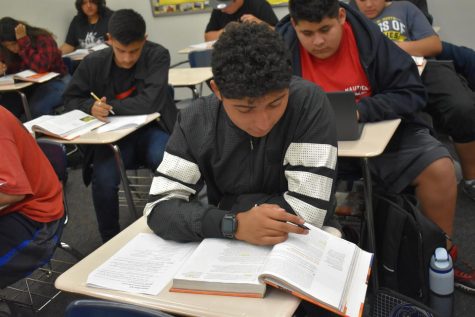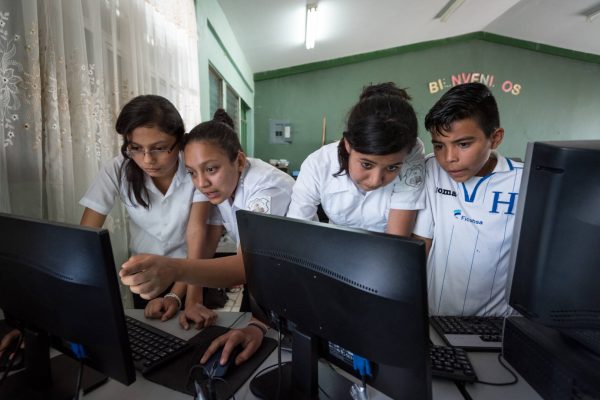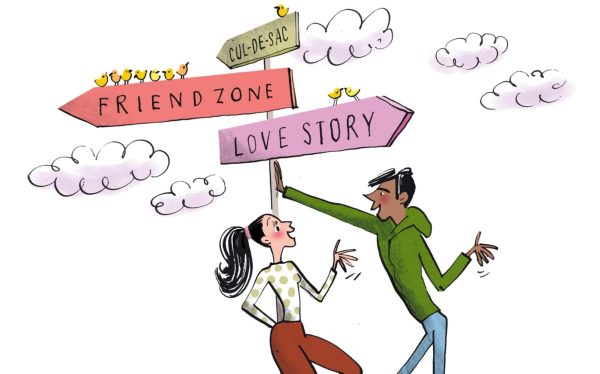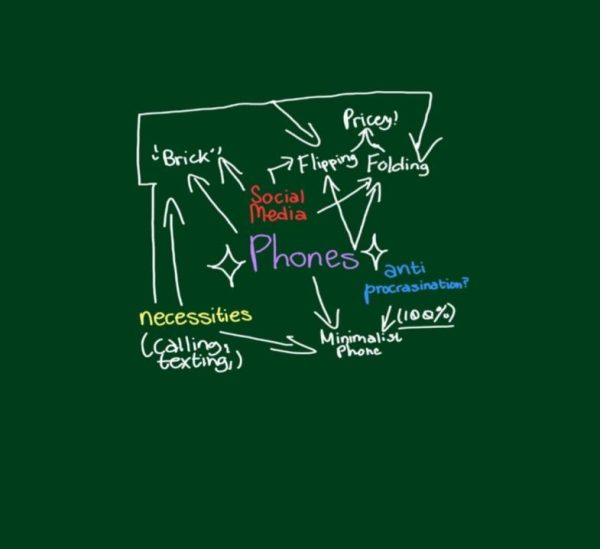School is Greek for Leisure?
Literature responses with words counted, math that does not make sense, Spanish grammar that is confusing, and parts of history that are irrelevant. Theorems, theories, systems, and methods. Mostly everybody is stressed out these days, and over what? Over topics that they are not passionate about! Equations and graphs that they will not remember! Each subject and individual is unique, yet they are the standard requirements for everyone. For the most part, math, science, literature, and history are separate fields of work, so knowledge of all the subjects isn’t needed to perform certain jobs.
Sophomore Ubong Ibekwe relates his preference for history by illustrating, “I like history because you can connect it to modern-day events. Because like you can’t see ‘f(x) equals x^ minus…’ and be like that reminds me of this. But you can look at the Cold War and see how the tensions are still present today.”
The study of multiple clashing subjects is a waste of time and opportunity when most jobs will not test you on it. Many careers and jobs focus on one aspect or branch of work. Work may involve a logical process, a creative journey, or a devotion to human service. It is more effective to further a future history teacher’s study of history, than Calculus.
That is not to say that kids are expected to choose their career or future at a young age, as it is a difficult task. It is to say that kids should be allowed some freedom, and not right away be cultivated into a worker, thrown into the midst of unnecessary work and study before they inevitably begin the cycle of work and adulthood.
When asked about a possible loss due to school, Ibekwe emphasizes, “ Free time. You have to dedicate eight hours a day to learn a lot of stuff. And then if you’re doing sports, maybe another two hours and you’re getting home at like six, and it’s Monday through Friday[…] You are not able to do much that you enjoy […]you’re tired so you’re on a very strict time constraint.”
John W. North junior Lauren Rhoades contributes to the discussion by commenting, “I don’t think education is the only route to success, but I do think it is an important one, one that we need to keep alive. You need to be able to think to a certain degree. I don’t think everybody needs to go to college. There are different areas of expertise that everybody has[…] I chose to go to school today because one, it’s the law[…but ] I also like school. [School] is just part of a habit. Now, I just wake up and I get in the car to get to school.”
Ideally, high school students should attend school, but not for 5 days a week and 7+ hours! Most jobs will not even bring up the topics covered in school, much less require the memorization of the Periodic Table or the Quadratic formula. A physiatrist, a coach, a cook, a caretaker, a painter, or a professional athlete are all examples of jobs and careers that instead require specific courses and training centered around an individual’s strengths and needs. Skills are earned: shaped and molded by experience and passion. An extensive education record of all subjects has become a requirement with little merit and holds too much power as a determinant of an individual’s worth and belonging. School is a crucial part of a person’s development, but it consumes the years out of people and inhales the young curiosity out of students.
Experience does not flourish in the classroom. The young, insightful nature and strong potential of kids do not belong in a trapped sterile room. The lives of students and society are constituted around school, starting from four years old, when they first enter pre-school, up until high school, and sometimes even beyond that, so that is already more than 13 years!
Some people may argue that school inspires relationships, and work ethic and that it teaches students time management. In addition to basic educational skills like the construction of sentences or how to add, subtract, count, and read, all of which are undeniably true. However, all of these skills are learned in elementary and middle school. High school is a time of maturity and the search for one’s identity. Classrooms should be creative spaces to help discover these passions: criticize and analyze the world, challenge norms, and invent instead of memorizing and spending hours on busy work.
Rhoades admits that without school she would probably have more time with her sister, and Ibekwe offers that he would have the time to explore nature in California. Education demands sacrificed time with family and friends, as well as the loss of genuine childhood.
Of course, society needs to be composed of well-educated and informed people and leaders. However the importance of education has evolved into social pressure, a stagnant system that is not challenged, but generational. The criteria and subjects in school should adapt to the world, and global issues, they should be relevant, useful, and relatable. The education system has programmed a fixed mindset into society and has washed away innovation and creative thinking.
The reformation of the educational system can begin with the input of the student body and their opinion on courses that should be implemented in schools. Business, culinary arts, and fashion design courses are examples of the classes that should be offered. The negative way students go about school, creates the assumption that they are lazy when really students just lack motivation. In truth, students are passionate beings and have much to say. If only they are allowed spotlights to display their talents and ideas. Additionally, high schools can provoke excitement in students by teaching them subjects through experience, especially since today’s teenagers are mostly visual and sensory learners. Students would enjoy history if they had the opportunity to visit museums and historical sites. Likewise, science would be amazing if students had field trips to aquariums, space centers, biology, and medical labs. Enough with the textbooks! Students need to be exposed to the world that high school is preparing them for!
Education, mostly high school and college, is globally acknowledged as a necessity and even a privilege, but the brutal and greedy side of education should be discussed more than it does. The process of remodeling and questioning systems of education are fundamental pillars that support a developed society.












